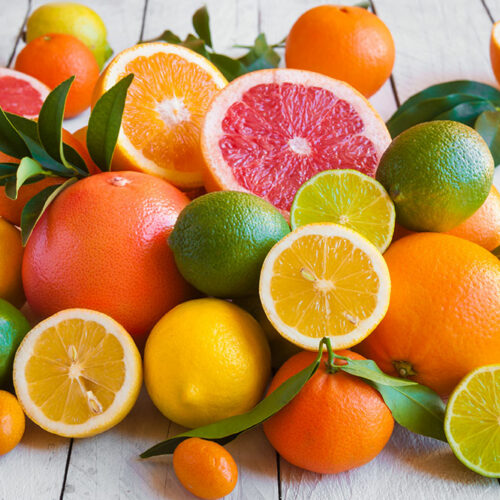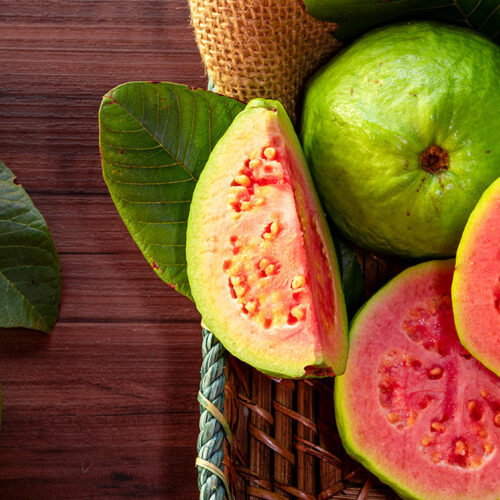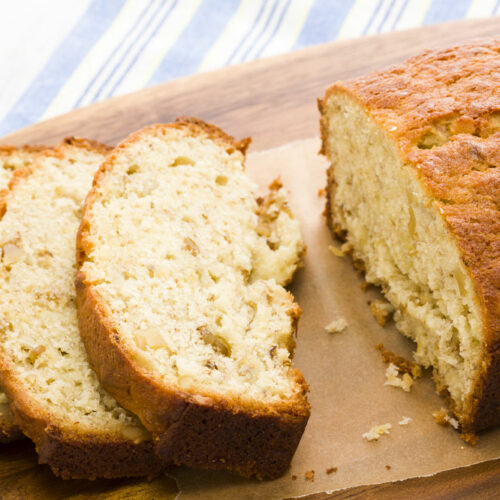Follow these food habits to manage migraines

Headaches may cause discomfort in daily activities, leading to a lack of interest in completing tasks. Migraines are a severe form of headaches that cause intense pain, which could last a few hours to days on end. A migraine is usually caused due to a lack of proper nutrition and sleep; however, the exact cause is still unknown. Apart from taking certain medications, making changes to the food regime can help manage the condition effectively. Food habits to follow: Intake of vegetables and fruits – Vegetables and fruits have many beneficial factors and help our body in many ways. Whole and natural foods that contain no artificial flavoring and preservatives keep us healthy and avoid conditions such as migraine. Different types of fruits and vegetables in any color can act as pain relief in case of migraine. However, it is important to avoid citrus fruits as it can trigger a migraine. Natural sweeteners such as vanilla extract and maple syrup can also be beneficial. Healthy fresh meat – Always go for fresh meat and avoid processed meat. Fresh meat such as chicken, fish, or red meat are considered to be safe for those suffering from migraines. Red meat and salmon contain a good amount of vitamin B2 that helps in relieving migraine pain.






